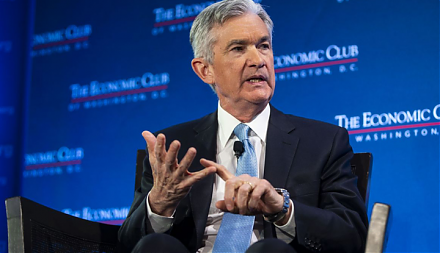

2019-01-11 10:33:00 Fri ET
stock market gold oil stock return s&p 500 asset market stabilization asset price fluctuations stocks bonds currencies commodities funds term spreads credit spreads fair value spreads asset investments
The Economist Intelligence Unit (EIU) continues to track major business risks in light of volatile stock markets, elections, and geopolitics. EIU monitors geopolitical uncertainty and market-and-credit risks in 180 countries. At the global level, EIU outlines several persistent business risks. These risks include the Sino-U.S. trade war, oil supply shrinkage, and financial contagion from Turkey and Argentina. As the Sino-U.S. trade talks take place at the deputy secretary level, key stock market indices from Dow Jones to NASDAQ and S&P500 demonstrate hefty gains of 3%-5% in early-January 2019. Stock market investors hope these deputy dialogues to reach some form of compromise for better Sino-U.S. trade war resolution. Also, oil prices are likely to surge when OPEC countries cut their current oil supply. This oil price hike can cause inflationary concerns in most OECD countries.
Several emerging-economies may suffer near-term stock market gyrations due to oil supply contraction and financial contagion from Turkey and Argentina. The EIU report sheds fresh light on the biggest business risks in early-January 2019: Trump economic sanctions on Iran, social unrest in in Nicaragua, and corruption and tax policy uncertainty in Lithuania. In comparison, Nepal and Egypt receive lower risk scores due to political stability, macroeconomic momentum, and gradual currency devaluation.
If any of our AYA Analytica financial health memos (FHM), blog posts, ebooks, newsletters, and notifications etc, or any other form of online content curation, involves potential copyright concerns, please feel free to contact us at service@ayafintech.network so that we can remove relevant content in response to any such request within a reasonable time frame.
2020-11-01 11:21:00 Sunday ET

Artificial intelligence continues to push boundaries for several tech titans to sustain their central disruptive innovations, competitive moats, and first-m
2023-02-21 08:27:00 Tuesday ET

Mark Granovetter follows the key principles of modern economic sociology to analyze social relations and economic phenomena. Mark Granovetter (2017) &
2019-11-11 09:36:00 Monday ET

Apple upstream semiconductor chipmaker TSMC boosts capital expenditures to $15 billion with almost 10% revenue growth by December 2019. Due to high global d
2019-08-20 07:33:00 Tuesday ET

The recent British pound depreciation is a big Brexit barometer. Britain appoints former London mayor and Foreign Secretary Boris Johnson as the prime minis
2018-08-31 08:42:00 Friday ET

We share several famous inspirational stock market quotes by Warren Buffett, Peter Lynch, Benjamin Graham, Ben Franklin, Philip Fisher, and Michael Jensen.
2019-01-15 13:35:00 Tuesday ET

Americans continue to keep their financial New Year resolutions. First, Americans should save more money. Everyone needs a budget to ensure that key paychec